Recognizing and Combating Educator Burnout: Essential Strategies for Resilience
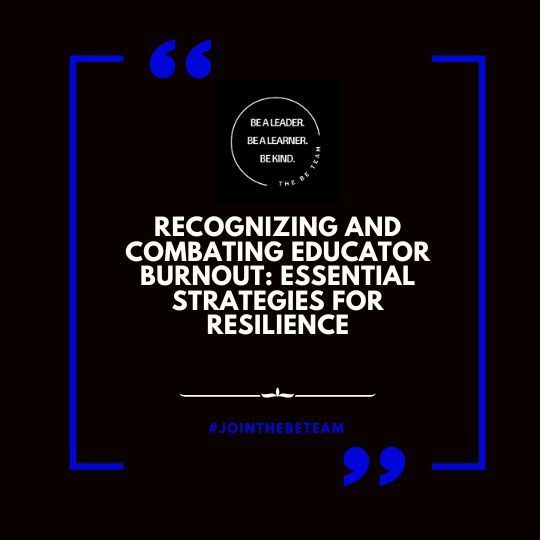
One Thought to Consider:
Burnout in education is prevalent and often goes unrecognized until it's severe. This creeping fatigue impacts many educators who juggle the relentless demands of teaching, administration, and personal responsibilities. Recognizing the signs early and addressing them is crucial for maintaining professional effectiveness and personal well-being.
This weekend, I had some time to myself and decided to use it to unwind and recharge. However, as I tried to find quiet spaces to gather my thoughts, I noticed that my mind was racing with thoughts of what I "should" be doing instead. This made me realize that something needed to change.
I had been feeling overwhelmed lately, and the pressures of life and work had piled up to a point where it seemed impossible to manage everything effectively. This realization was a wake-up call for me, and I knew I needed to take action to reduce the stress and tension I was feeling.
I decided to take a step back and assess my priorities, making a list of the most important things to me. I then focused on tackling those tasks first rather than constantly worrying about all the things I had yet to do. This helped me feel more in control of my situation and reduced my feeling of being overwhelmed.
It's easy to get caught up in the demands of daily life and work, but it's important to take the time to step back and assess how we're feeling. By doing so, we can take action to reduce stress and anxiety and ensure that we're able to manage everything effectively.
Research around burnout:
Definition:
Burnout among educators is characterized by emotional exhaustion, depersonalization (feeling disconnected from one’s job), and a diminished sense of personal accomplishment. It can lead to decreased effectiveness at work and can spill over into personal life.
Statistics: The US News reported that 44% of K-12 employees say they “always” or “very often” feel burned out at work, including 52% of teachers who report the same. Moreover, 35% of college and university workers say they “always” or “very often” feel burned out at work – making K-12 and higher education the two industries with the highest rate of burnout…
Two Strategies to Consider:
- Prioritize and Delegate: Start by identifying the most critical tasks and focusing your energy there. Not everything needs to be perfect, and not everything needs your direct involvement. Learn to delegate smaller tasks or those that can benefit from the skills of others. This not only lightens your workload but also empowers your team.
- Scheduled Pauses: Integrate regular, scheduled breaks into your daily routine. These aren't just lunch breaks but dedicated times for mental rest, free from all work-related thoughts. Use this time to engage in activities that genuinely relax you, whether it's a short walk, meditation, or simply sitting quietly. These pauses can help reset your mind and reduce feelings of being overwhelmed.
Resources to support your efforts:
TED Talk:
Consider watching "How to make stress your friend" by Kelly McGonigal. In her talk, McGonigal encourages us to see stress as a positive force and shares strategies to harness it to our advantage, which can be particularly useful for educators dealing with burnout.
Article:
Read "How to Fight Burnout" on Edutopia for a deeper understanding. This article delves into the causes of teacher burnout and offers practical solutions for educators to implement in their daily routines to prevent and manage stress.
Additional Resource:
Explore this method described in Pocket's article, "Beat Stress Like a Navy SEAL with This Ridiculously Easy Exercise." It discusses a simple breathing technique used by Navy SEALs to manage stress effectively, which can be a quick and powerful tool for educators.
One Question to Consider:
What are the signs that you might be nearing burnout, and how can you proactively adjust your daily habits to safeguard your mental health before reaching a critical point?
By acknowledging the signs of burnout and implementing these strategies, educators can find better balance and rejuvenation in their professional and personal lives. Remember recognizing the need for change is the first step towards creating a more sustainable lifestyle in this demanding field.
Let's build the life you want together! We want you to be the best version of yourself! We are here to help!
I need you to do three things today and every day: Be a Leader. Be a Learner. Be Kind.
share this
Related Articles
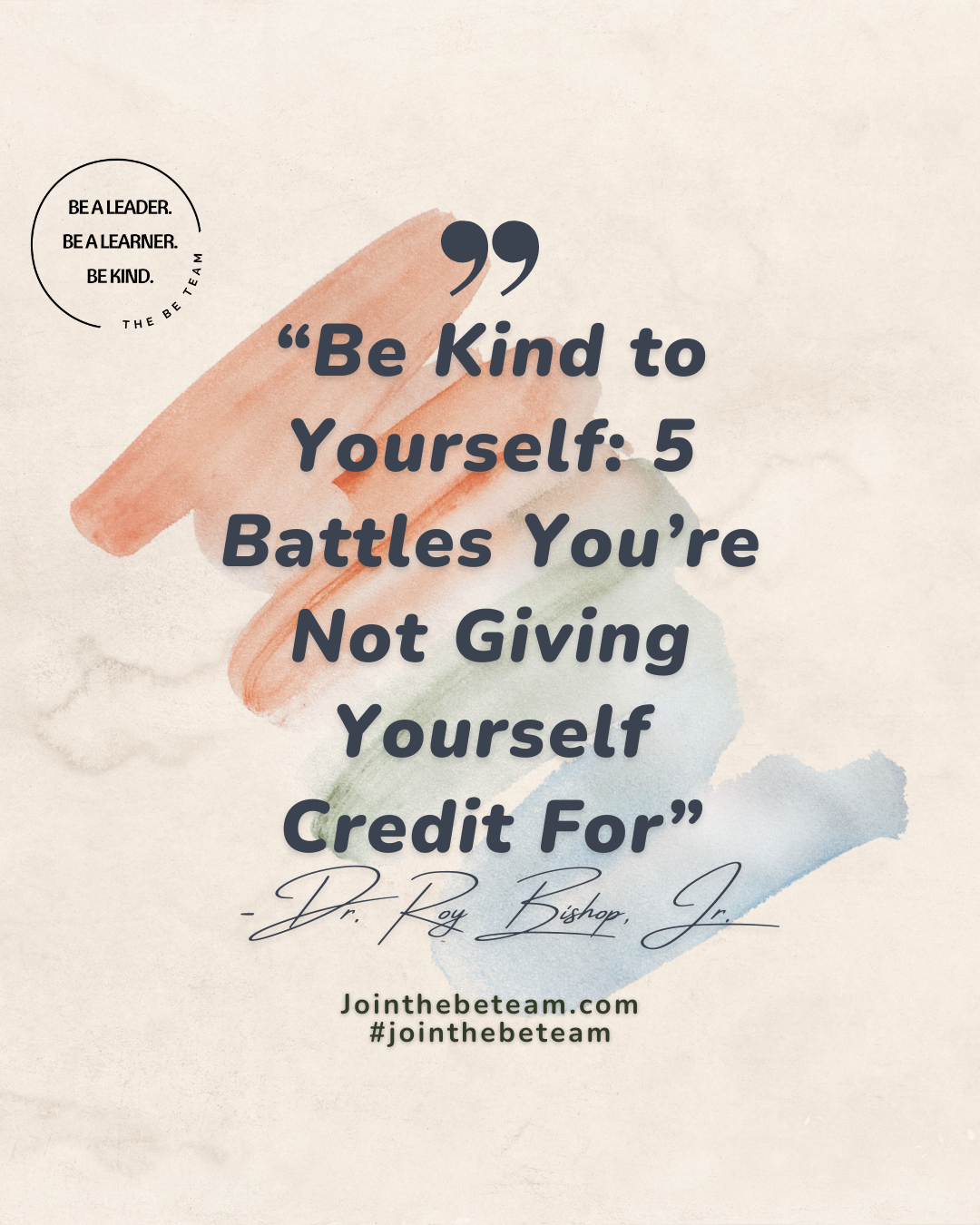

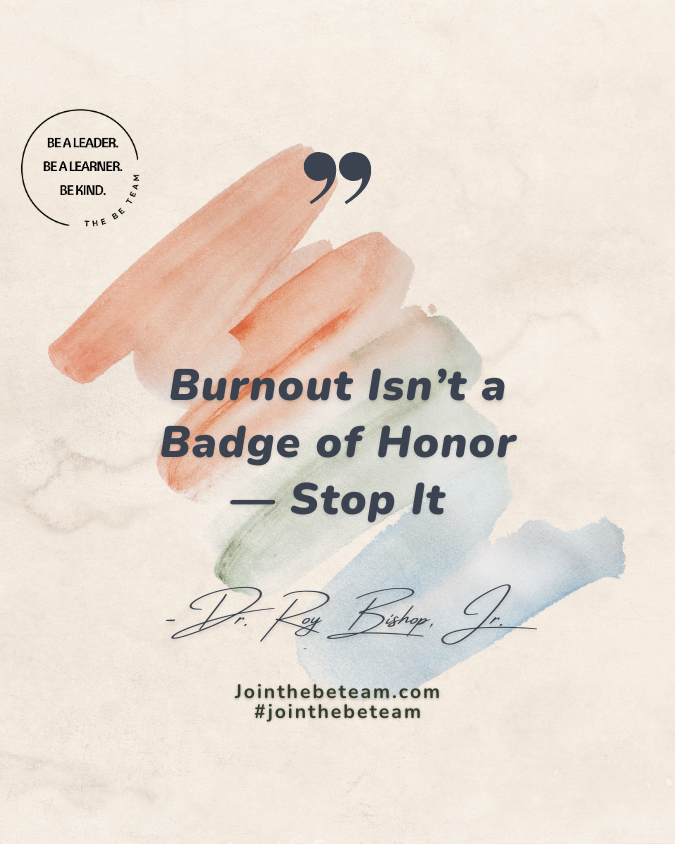
STAY UP TO DATE
the latest from the be team
Receive an alert anytime a new post drops
Contact Us
